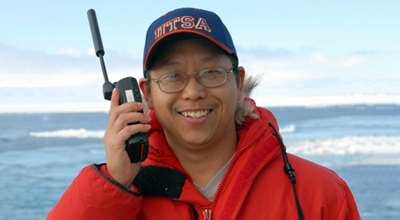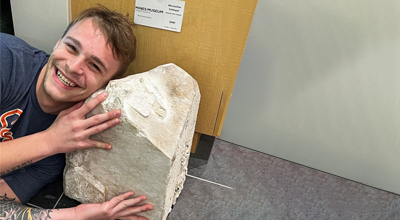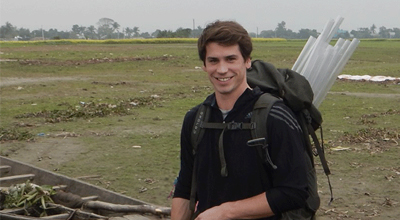A degree in geoscience will set you on an exciting path with many employment opportunities in industry, government, or education. In addition to the oil & gas and mining industries which employ many geoscientists, this degree prepares you equally well for a career in the environmental industry, engineering firms, water utility companies, state and local regulatory agencies, federal government agencies including the US Geological Survey, the National Parks Service, NASA, or being an educator at the K-12 or university level.
To advance into management in most environmental companies require becoming a licensed Professional Geoscientist, which requires 30 hours of Geology classes (www.tbpg.state.tx.us), which all of our majors complete prior to graduation.
As the planet pivots to green energy, the need for different classes of mineral resources is exploding, and so is demand for exploration geoscientists to ensure we have the resources necessary. Geoscientists monitor and maintain safe surface and groundwater so that cities can grow, and wild rivers can thrive. We ensure that contaminants do not escape from active industrial sites, and determine the most effective way to remediate polluted sites of the past.
We work with climate scientists to understand past climates and to better model future changes. We work with astronomers and engineers to explore and study the geology of other planets, moons, and asteroids in our solar system and beyond.

Contact
Professor and Department Chair, IWRSP Director
Earth and Planetary Sciences
Saugata.Datta@utsa.edu61
Undergraduate Students
36
Graduate Students
16
Faculty
$1.8M
Research Expenditures
Attention Alumni!
We are gathering contact information to reconnect for social events and share with you the latest news of your department!
Latest EPS News
View All EPS News


February 21, 2024
UTSA doctoral student Tom Varner studies solutions to prevent contaminated water sourcesPublished by UTSA Today


